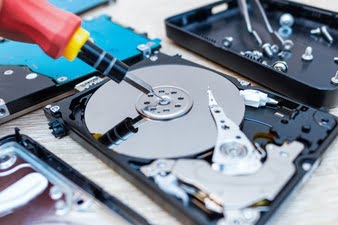Guide to Maintaining Your Solar Power Air Conditioner
by Abdul Aziz Mondal Technology Published on: 19 February 2021 Last Updated on: 27 December 2024
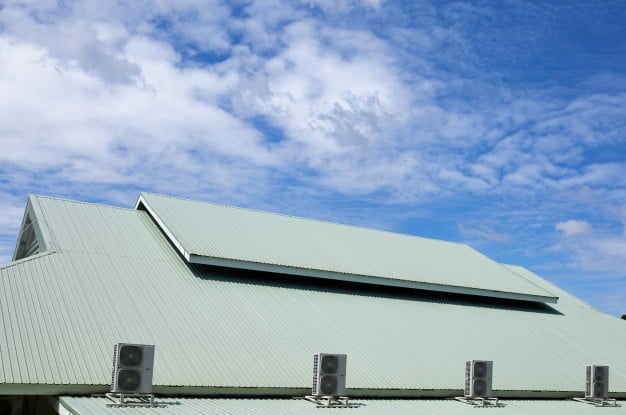
If you’re a homeowner in Thailand, one of the main concerns in home maintenance is the high cost of air conditioning.
A solar power air conditioner solves this problem by cutting reliance on the national grid while guaranteeing reliable power to keep your home cool.
But you have to focus on repairing these systems over time to enjoy the benefits. If you don’t take care of the system, there’s a risk of breakdown or inefficiency problems.
To enjoy cost savings and reduce costly repairs, this post explores some safe maintenance tips for your unit.
Embracing Solar
Thailand is a leader among the ASEAN (Association of Southeast Asian Nations) members in adoption of solar energy.
While the country has an abundance of natural oil and other sources of energy, more investment in renewable energy has seen the achievement of different milestones.
If you’re among the trendsetters who have embraced clean and affordable energy, you appreciate the need to keep your air conditioner in tip-top shape.
Because of the hot Thai climate, your air conditioner works overtime to keep your home cool for most of the year.
Hence, repairing and maintaining solar power air conditioners is becoming a major challenge. If you are facing the same, studying can help you out.
1. First, Understand Your Solar Power Air Conditioner System
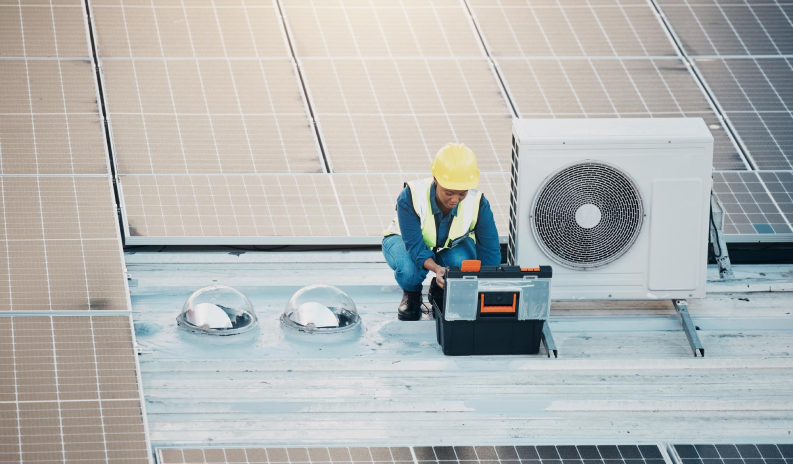
You can only manage what you know, and for this reason, first, understand how your solar air conditioner works.
The most common system is the solar photovoltaic (PV) air conditioners, which come with solar photovoltaic panels to harness the sun’s rays and convert this into energy. The system can also contain a battery unit for the storage of excess energy.
Absorption chillers are another common solar air AC system. The technology cools your home through the evaporation and condensation of a liquid such as water. The energy used comes from the sun and reduces reliance on the national grid.
Whatever type of solar air conditioning unit you have in your home, always make sure you understand how the parts work. If there’s a manual for the system, check how each component in order to identify any faults immediately after they develop.
2. Test/Inspect The System After Installation/Repairs:
Don’t use a newly installed solar air conditioner without first getting the contractor to test it thoroughly.
Get a professional inspection done on the system whenever the contractor works on it to avoid mishaps.
Yes, the professionals have a lot of experience in understanding the systems. They can provide you with a much broader idea of the maintenance.
3. Take Care Of The Solar Panels:
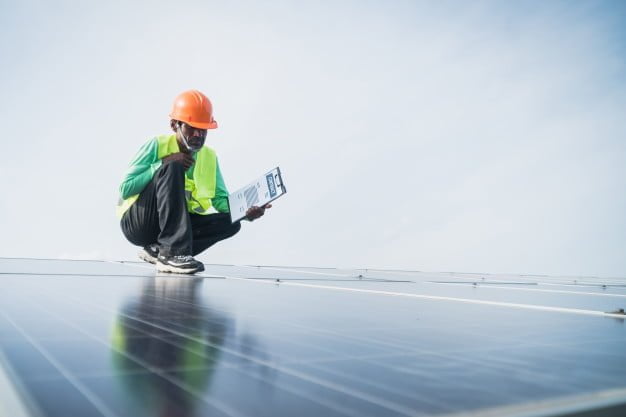
Solar panels are the core of your solar air conditioning system. If the panels aren’t working optimally, you’ll have problems with the efficiency of the system. Some solar panel maintenance tips to carry out include:
- Inspection of the solar panels
- Cleaning and washing
- Clearing trees or shade around the solar panels
- Inspection of the solar system components such as the wiring, glass, leaks
- Monitoring the energy use in your home
While these might look like simple tasks, it’s advisable to have your collar contractor carry out the maintenance.
Yes, they are good with the maintenance work, and you can easily focus on the other areas of your life.
These professionals have the prerequisite tools and expertise for the job.
The experts also understand the safety precautions to take to avoid accidents. Hence, simply leave your solar power air conditioner to experts.
4. Seasonal Maintenance:
Before or after summer/winter, you have a great opportunity to check your solar air conditioner for damage. The two seasons swing to the extremes with one demanding the most from your cooling system while winter can cause physical damage to the solar panels.
Some areas your air conditioner contractor checks include:
- Clogged/dirty filter
- Covering the exterior components of the AC unit during winter
- Checking for any physical damage to the solar panels after winter
- Checking internal components of the AC unit such as the condenser unit, coils, coil fins, and others.
5. Electrical Inspection:
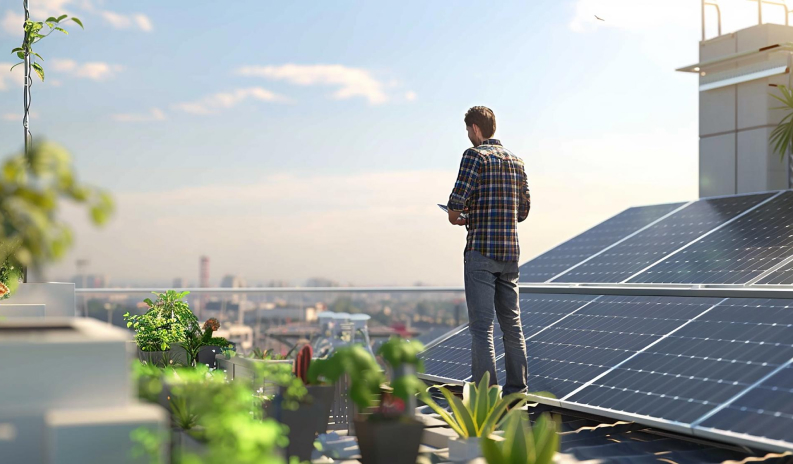
Most homeowners overlook the fact that solar air conditioner in Thailand systems are still electrical units. These units have a lot of electricity flowing through them and can cause harm if not handled properly. One of the critical maintenance tips when dealing with solar ACs is to inspect any wiring defects.
As a homeowner, you might notice physical damage to wiring, smell burning wire, or observe problems with the performance of the AC. If you notice such problems, don’t troubleshoot further because you might exacerbate the damage to the solar air conditioner or get hurt.
Call your solar power consultant and ask for help. The professionals use the right tools to troubleshoot and identify the underlying cause of the trouble. Some common solar AC issues include faulty wiring, micro-cracks, isolator problems, inaccurate generation meter, thermostat issues, and others.
6. Leverage The Warranty/Service Plan:
If you have a problem powering the AC unit in your home, check the warranty of the system or the service plan.
These two options give you a safe way to maintain your solar air conditioner without risking injury.
The best solar contractors offer a warranty, while hardware suppliers include service plans in their offer packages.
7. Use An Insured And Bonded Contractor:
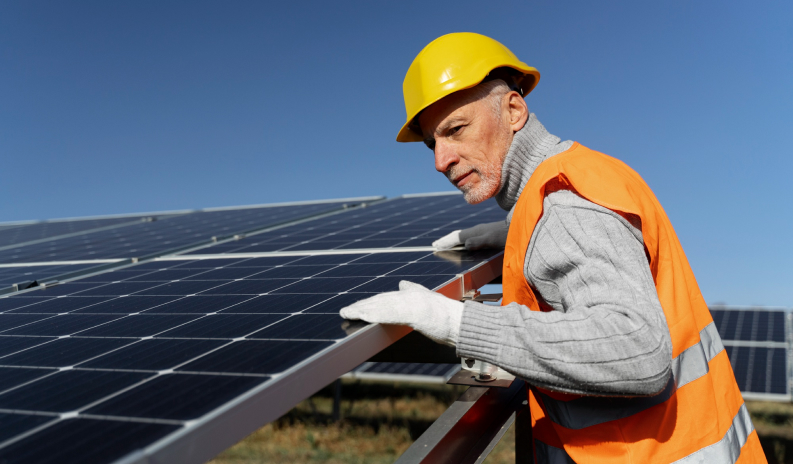
If you notice any problem with your solar air conditioner, don’t go for the first contractor you find. Instead, look for an established solar contractor who’s insured and bonded. Such contractors carry less risk when working at your home. In case of an accident, the contractor has adequate coverage to protect themselves and your property too.
Wrapping Up:
A solar air conditioner is an invaluable addition to your home in Thailand. The unit saves you money and helps in environmental conservation. To get the most out of your solar AC, maintain it in tiptop shape. These tips help you do this safely.
Additional Reading:


































































































